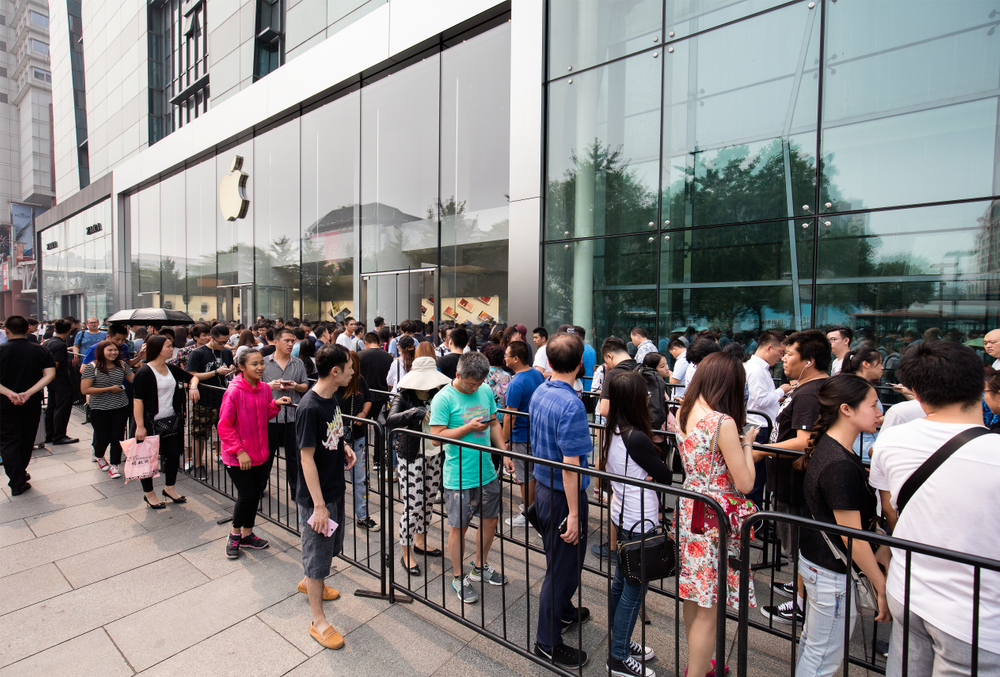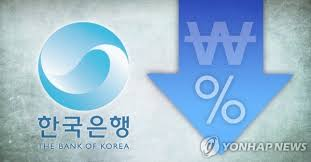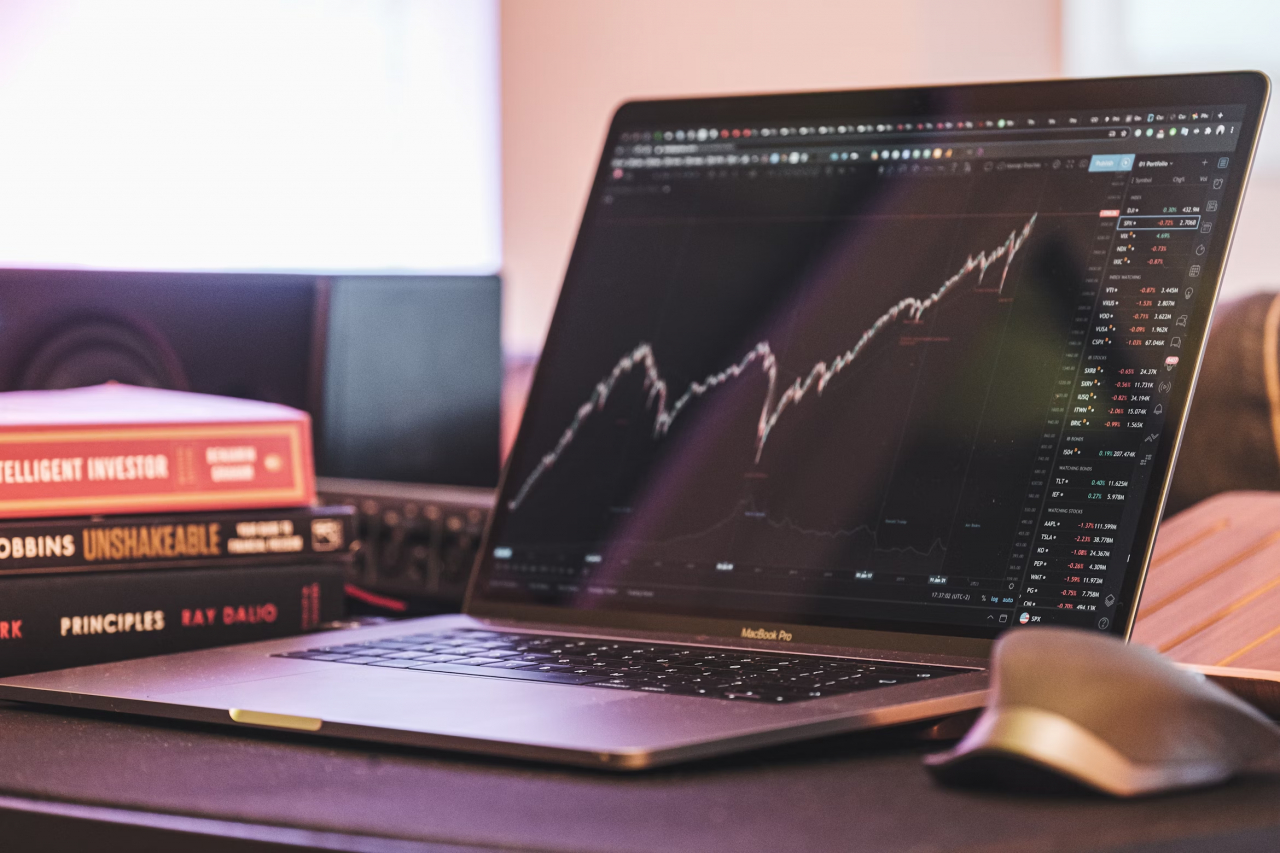| 최초 작성일 : 2025-09-15 | 수정일 : 2025-09-15 | 조회수 : 25 |
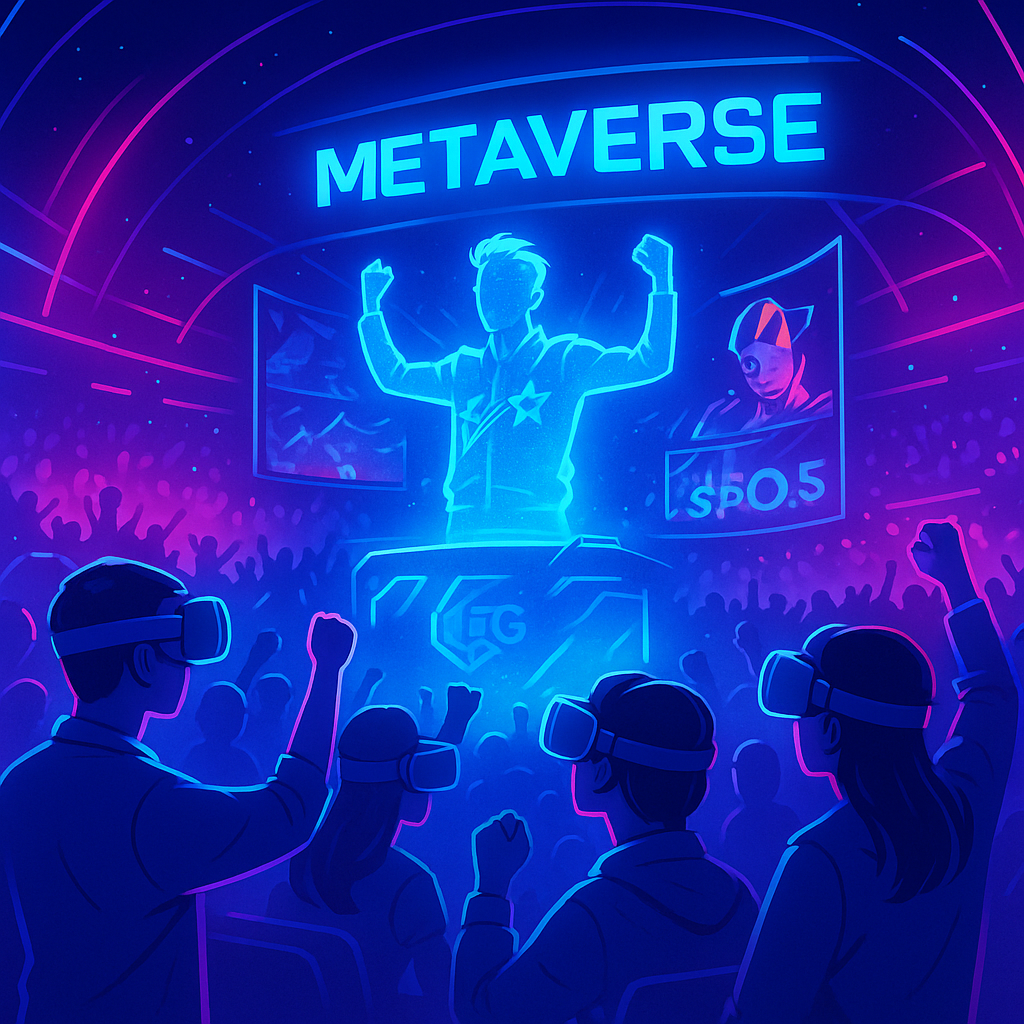
Pro gamer stars today are far more than young people who play video games well. They have become cultural icons representing the explosive rise of esports, a field where South Korea has long been the pioneer. Starting from StarCraft in the early 2000s to League of Legends (LoL) today, Korea established itself as the birthplace of professional gaming, producing global legends such as Faker (Lee Sang-hyeok), Deft (Kim Hyuk-kyu), ShowMaker (Heo Su), and Marin (Jang Gyeong-hwan). These figures are no longer confined to the gaming scene; they are household names and global influencers. The rise of pro gamer stars has multiple dimensions. Economically, the global esports market surpassed $2 billion in 2024, with Korea as Asia’s esports hub. Pro gamers are not only competitors but also brand ambassadors, live-streaming creators, and marketing assets for global corporations. Socially, esports reversed the stigma once attached to gaming. What was once seen as “addiction” is now a source of national pride and a model career path for youth. Culturally, platforms like YouTube and Twitch turned esports into a spectator sport, where fans engage not only as viewers but as active participants shaping content, memes, and campaigns. Theoretically, pro gamer stars exemplify Bourdieu’s symbolic capital—their status comes not only from winning matches but also from the cultural recognition fans and media bestow upon them. Through Castells’ network society theory, they operate as hubs in a global network, instantly connecting Korean matches to audiences across Europe, the Americas, and beyond. And according to Henry Jenkins’ participatory culture, fandoms play a co-creative role, editing highlight reels, organizing online campaigns, and even running donation drives in the name of their favorite players. Recent news highlights their global stature. In 2023, Faker led Korea to a gold medal in LoL at the Hangzhou Asian Games, covered by BBC as a “living legend of esports.” The New York Times in 2024 spotlighted the burnout issue faced by Korean pro gamers, retiring often in their mid-20s due to intense training. Meanwhile, The Guardian praised esports for shaping youth identity and creating cross-border solidarity. These reports underscore both the immense opportunities and structural challenges the industry faces. For Korean society, pro gamer stars offer lessons beyond the esports stage: reimagining cultural industries as global platforms, ensuring labor ethics and post-retirement support, leveraging esports as soft power for cultural diplomacy, and utilizing fandom energy for social good. Looking forward, pro gamers will evolve alongside technologies such as AI, VR, and the metaverse. They will not remain just “players” but will embody a new paradigm of cultural leadership in the digital age.
Not long ago, gaming in Korea was largely seen as a social problem. It was framed as addiction, a waste of time, or a sign of poor academic focus. But today, the same activity has become a source of national pride and a stage where young Koreans carry the flag into international arenas. Esports is no longer just “playing games.” It has been recognized as an official sport at the 2023 Hangzhou Asian Games, where Korea’s League of Legends (LoL) team took home gold. Pro gamers have shifted from being criticized hobbyists to being celebrated athletes, cultural influencers, and role models for the digital generation. The growth of esports has been staggering. Global revenues are projected in the billions of dollars, and Korean teams and players are at the heart of this industry. From StarCraft in the early 2000s to LoL today, Korea has consistently set the global standard. Pro gamers such as Faker (Lee Sang-hyeok) are no longer just names known in niche communities; they are global icons celebrated by millions. Culturally, these figures represent something much larger than competition. They embody what Pierre Bourdieu would call symbolic capital: a prestige that transcends raw skill. Their success stories inspire a generation that now believes passion, digital skills, and creativity can form legitimate career paths. For young Koreans, pro gamers show that “doing what you love” can be both economically viable and socially respected. Pro gamers are also reshaping fandom. Unlike traditional athletes, they engage daily with fans via Twitch, YouTube, and social media. This interactivity blurs the line between star and spectator, generating what Henry Jenkins calls a participatory culture. Fans do not just consume content—they co-create it, amplifying pro gamers’ influence worldwide. In short, asking “why pro gamer stars now?” is really asking about Korea’s cultural transformation in the digital age. Esports heroes are not only champions of games; they are the faces of a generation navigating rapid change, global connectivity, and the search for meaning in a fast-moving world.
Sociological and cultural theories help us move beyond surface-level narratives about “talented players” to understand why certain pro gamers become stars. Three frameworks are particularly relevant: Bourdieu’s symbolic capital, Castells’ network society, and Jenkins’ participatory culture. For Bourdieu, capital is not just economic—it includes cultural and symbolic resources. Pro gamers embody this symbolic capital when society collectively recognizes their status. Faker is revered not only because of his record-breaking championships, but because the community has constructed him as “the Emperor of LoL.” His name carries weight in media, marketing, and even national identity. This symbolic authority elevates him from athlete to cultural icon. Castells’ theory of the network society explains the digital infrastructure that magnifies esports stars. The global reach of YouTube, Twitch, and Reddit transforms a Korean player’s performance into an international event within minutes. These stars function as nodes in vast digital networks, hubs around which emotions, memes, and narratives circulate. Pro gamers thrive because their visibility is structurally amplified by this interconnected web. Jenkins’ concept of participatory culture describes the active role of fans. Esports fandom doesn’t stop at cheering. Fans edit highlight reels, create memes, run fan pages, and even organize charitable campaigns in the name of their favorite players. In doing so, they become co-authors of the star’s identity. Without this participatory layer, esports professionals would remain talented competitors; with it, they become cultural celebrities. Taken together, these theories reveal pro gamers as symbols, hubs, and co-creators in a global cultural system. They are not just entertainers—they are products and drivers of the digital age’s sociocultural logics.
International coverage underscores that Korean pro gamers are no longer a domestic phenomenon. In 2023, BBC described Faker as “esports’ first global household name” after his gold medal at the Hangzhou Asian Games. The Guardian praised Korea’s systematic leagues as cultural infrastructure that turned gaming into a national export. Meanwhile, Forbes highlighted the economic side, noting that global brands like Nike, Red Bull, and Samsung eagerly sponsor esports stars to reach Gen Z consumers. Yet, the industry’s challenges are also visible. The New York Times ran a 2024 feature titled “Korean esports stars face burnout before 30,” pointing to grueling practice schedules of 10+ hours a day and early retirements. Nikkei Asia warned that Korea’s competitive edge could weaken if welfare systems for players are not improved. Mental health concerns, unfair contracts, and match-fixing scandals occasionally tarnish the industry’s image, reminding us that rapid growth often comes with growing pains. At the same time, esports fandom has become a global force. In Brazil, thousands gathered in public squares to watch LoL World Championship broadcasts. In the U.S., college esports leagues now draw audiences comparable to traditional sports. Korean fans collaborate with overseas supporters to launch donation drives—such as international birthday campaigns for Faker that fund scholarships. This cross-border solidarity exemplifies Jenkins’ participatory culture, now on a global scale. Technological innovation also shapes the scene. Washington Post called esports “the Olympics of digital natives,” while covering experiments with VR arenas and metaverse stages. Korean and Chinese companies have begun testing virtual reality viewing experiences, AI-based coaching systems, and blockchain-powered fan economies. These trends suggest that esports is not just catching up with mainstream sports—it is pioneering the future of entertainment. In short, global news portrays esports stars as athletes, influencers, entrepreneurs, and symbols of generational identity, while also warning about the structural reforms needed for sustainability.
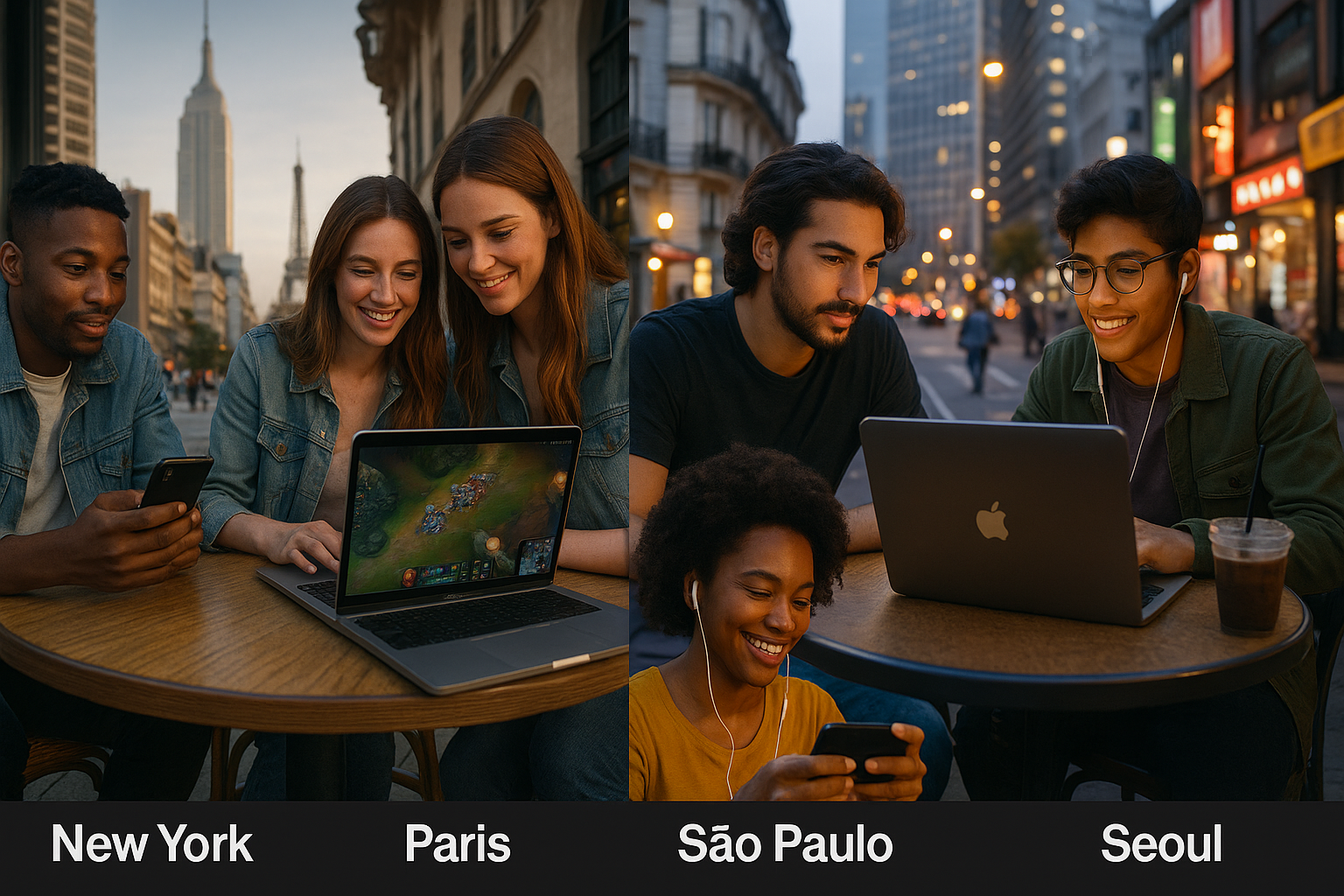
From these developments, Korea can draw several lessons about managing esports and nurturing pro gamer stars as sustainable cultural assets. 1. Rethink cultural industry strategies. Esports should be treated as core cultural infrastructure, alongside K-pop and K-dramas. Nikkei Asia argued that Korea’s institutional support for structured leagues is a competitive advantage; this needs to be expanded into global partnerships, tournament hosting, and systematic overseas outreach. 2. Improve labor ethics and welfare. The issue of burnout and early retirement is serious. Korea should establish standardized contracts, player unions, and retirement transition programs. Drawing lessons from K-pop, the esports industry must move away from exploitative training systems toward a more professionalized and ethical model. 3. Leverage global soft power. Pro gamers are natural cultural diplomats. Forbes described them as “Gen Z’s most valuable marketing icons.” Beyond endorsements, they could be mobilized for climate campaigns, youth education, and digital literacy initiatives. Aligning esports stars with global issues enhances Korea’s national brand. 4. Recognize fandom as social capital. Fan communities organize themselves into formidable networks. Korea could institutionalize these energies—by connecting fandom projects to charitable programs, cultural diplomacy, or local civic initiatives. This would transform fandom from consumer groups into recognized partners in cultural production. 5. Prepare for technological disruption. The metaverse and AI will redefine competition and fan engagement. Legal frameworks are needed to regulate fair use of AI tools, protect digital likeness rights of players, and ensure safety in virtual arenas. Proactive governance will keep Korea ahead in setting global standards. Ultimately, Korea must pursue a balanced model that combines industrial growth, labor ethics, cultural diplomacy, fan participation, and technological regulation. Done right, pro gamer stars can become not just short-lived celebrities but long-term cultural leaders.
The trajectory of Korean pro gamer stars illustrates a profound cultural shift. What began as a marginalized hobby has become a platform where youth aspirations, digital innovation, and global culture intersect. International perspectives underline this transformation. BBC emphasized the symbolic weight of Korean champions, while Washington Post framed esports as the Olympics of digital natives. Compared to Japan’s anime exports or America’s Twitch streamers, Korea’s unique contribution lies in institutionalizing esports—turning individuals into sustainable stars within a global league ecosystem. Looking forward, pro gamer stars will evolve with technology. They will perform in metaverse arenas, interact with AI-enhanced tools, and maintain global fanbases through immersive platforms. Yet, what will continue to matter most is their human story—the discipline, vulnerability, and authenticity that make them relatable across borders. For Korea, the challenge is clear: protect the welfare of these athletes, expand cultural policy to include esports, and channel fandom into constructive social capital. If achieved, Korean pro gamers will not only remain industry leaders but also embody the possibility of turning passion into profession and entertainment into diplomacy. Thus, the future of pro gamer stars is not confined to esports. It is about redefining what cultural leadership looks like in the 21st century: a leadership rooted in digital creativity, global connectivity, and shared youth identity. Korea’s pro gamer stars are not just champions of games—they are cultural assets shaping the imagination of an entire generation.





